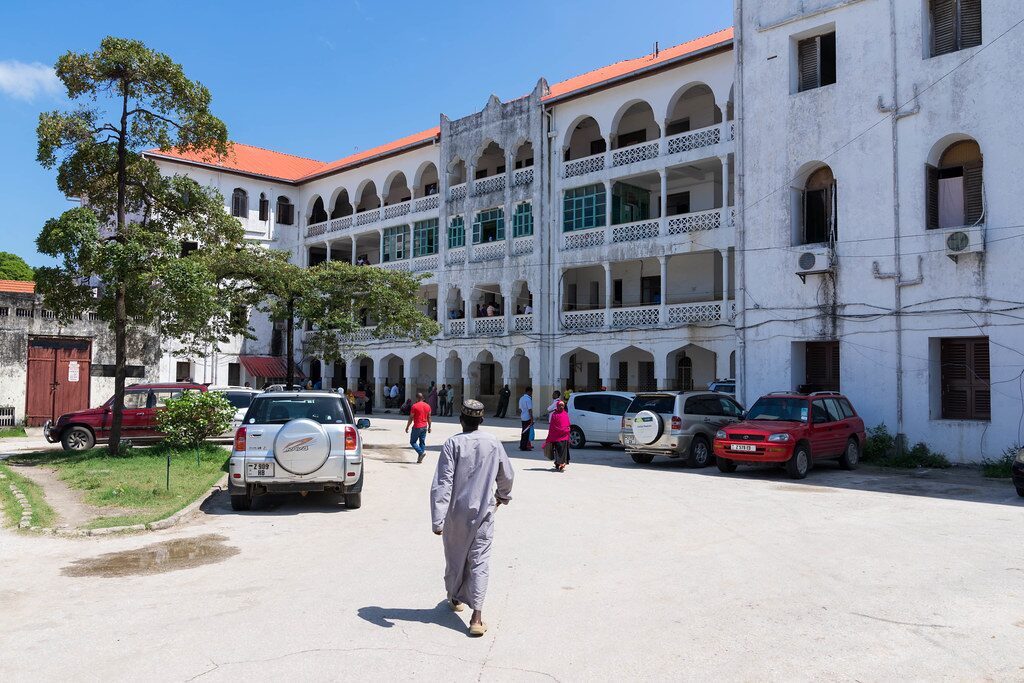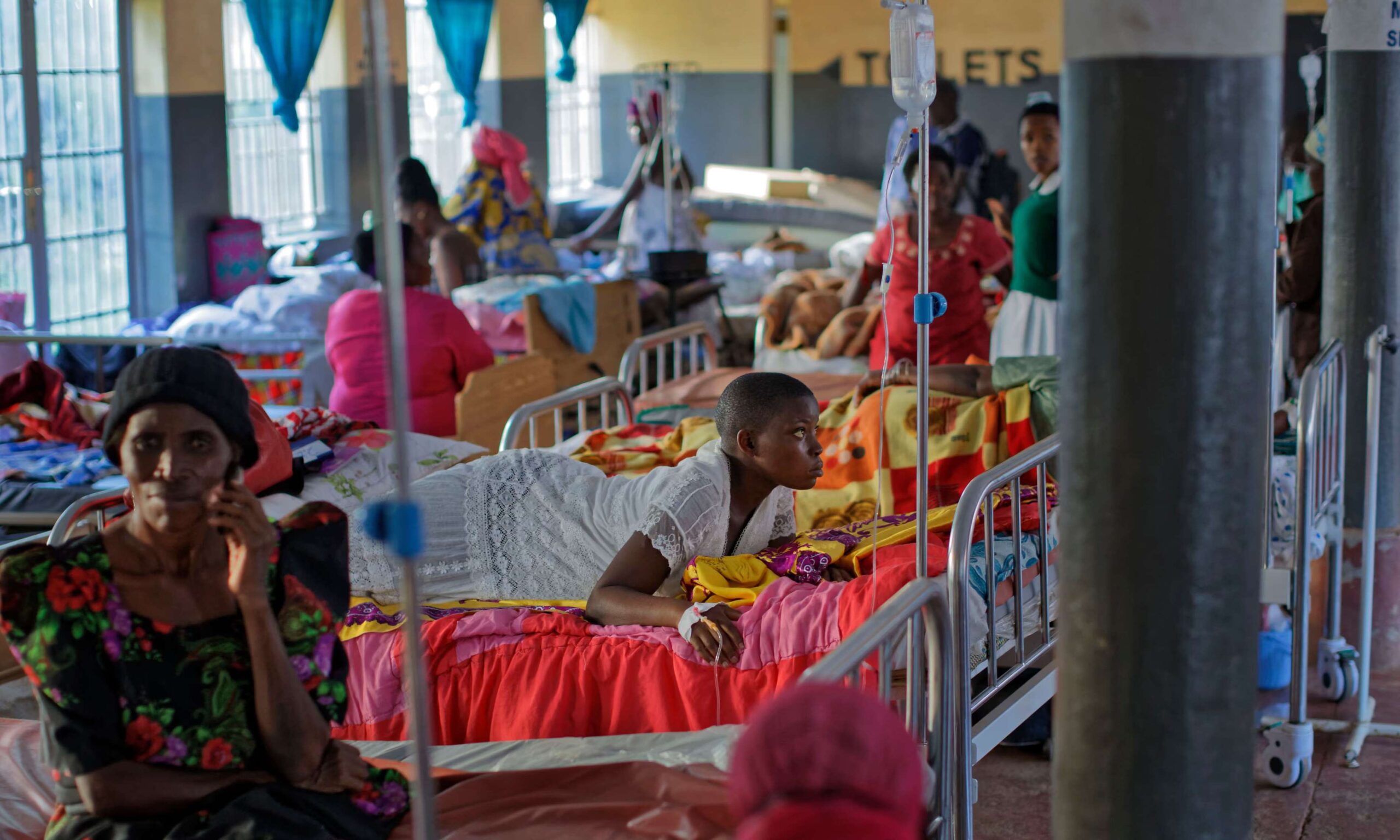
Monday 15th September 2025

非洲记者报道
A limited series has turned a fugitive’s mythology into a mirror. Netflix’s “Beauty and the Bester” landed with the gravitational pull of a global whodunnit, but for East Africans it plays like a regional reckoning—an escape, a manhunt, and a quiet arrest in Arusha that was announced in just 53 words. The show re-stages a scandal that embarrassed private security and prison systems, then drags the viewer through the uneasy space where celebrity, crime and institutions meet.
Tanzania’s cameo is stark. In a saga heavy with spectacle, the Arusha capture reads as competence: no theatrics, no narrative fireworks, just the swift end to a headline-hungry chase. That contrast matters. In a region where policing is often judged by noise, the unvarnished efficiency of the operation becomes its own brand statement. It says the state can still do simple things well—and sometimes that’s the best kind of PR.
The series arrives with courtroom heat still radiating off it. Attempts to block its release failed, and the result is a public record repackaged for a mass audience. That raises uncomfortable questions with useful edges. How should justice systems handle the collision between due process and streaming-era attention? What obligations do filmmakers have to victims whose stories fuel subscriber growth? And how should officials communicate in a way that informs without inflaming? None of these questions are new; the series simply makes them impossible to ignore.
For Tanzania’s broader image, the timing is a gift. The country is pushing to restore European air links and expand its allure as a safe, well-run destination for tourism and investment. Competence travels: when global viewers see a decisive arrest tied to Tanzania, it softens the ground for stories about efficient airports, reliable logistics and a regulatory culture maturing in public. Brand is the sum of a thousand moments; this one is unusually cinematic.
The economics are shifting too. If the show finds an international audience—and early signals suggest it will—Africa’s true-crime market gets a new template. Studios will hunt stories with moral stakes and cross-border resonance. Newsrooms, whistle-blowers and prosecutors will feel the pressure to build watertight narratives that survive both courtrooms and living rooms. And audiences will get a crash course in the machinery of accountability, with all its mess and consequence.
It would be easy to file this under “entertainment,” but that would miss the point. The series is a stress test for institutions and for us. Can we demand transparency without turning tragedy into a theme park? Can we hold power to account while remembering why justice exists in the first place—to serve victims, protect the public and deter the next horror? The Arusha arrest showed what competence looks like in a single act. The challenge, now on screen for the world, is whether competence can become a habit.


